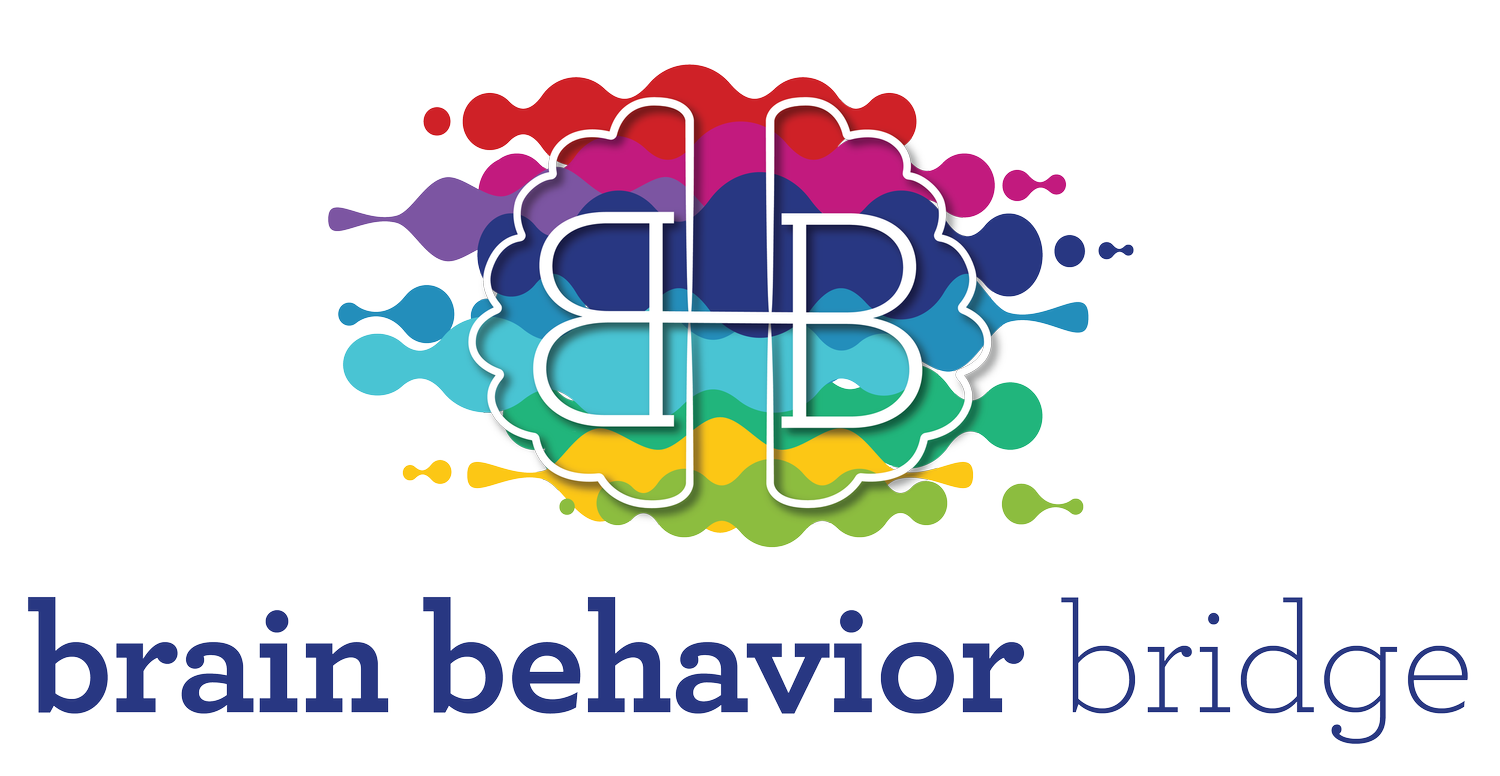Feed Your Brain
Healthy food promotes improved cognitive skills. The food we eat actually turns into chemicals that our brains use to respond to the world. How cool is that? Here are some brain boosters and brain busters for you!
Brain Boosters
Do your kids need energy fast? We know fruits and proteins are best. But for that last minute, “only have a vending machine near you” need, there are some options. For quick energy, a small amount of fruit juice can help. If there is only candy, try peanut M&Ms or a snickers bar for a quick burst of energy from the sugar and a longer energy hold from the nuts.
Want to improve learning and memory? Try low fat milk products and hard cheeses. They contain higher levels of serotonin, which will increase concentration and focus. This allows your kids to get information in and out of their brains easier.
Want to help your child think more clearly and focus better? Try fish or, if your kids hate fish, try pumpkin seeds or DHA supplements! These omega-3 fatty acids help with overall cell health, similar to what working out or lifting weights does for your body.
Want to improve your mood and think faster? Try green vegetables! Or, if the kids hate veggies, try B vitamins. These vitamins help new brain cells grow and increase the insulation around the cells, speeding up the communication.
Want to calm your kids down? Try foods high in magnesium like nuts and seeds. This mineral stabilizes a cells environment. This calms the cell overall, making it less excitable.
Heard of probiotics? If your child’s tummy is funny, eating yogurt or taking probiotics can actually be helpful in the brain as well. This can be great for kids with ADHD. The probiotics help maintain a healthy bacteria level in the gut, which can limit inflammation that can travel to the brain. This can lift the fog on their thinking!
Why your family needs antioxidants? While essential, oxygen can actually convert into free radicals in the brain, causing damage to proteins, carbohydrates, lipids and DNA/RNA (the codes that tell your brain cells how to work). Antioxidants defend against this type of damage in the brain by attaching to free radicals and destroying them. Antioxidant-rich foods can also increase Acetylcholine (Ach), which activates your brain and aids in the processes of learning, memory and movement.
How to eat them: Dark colored fruits and vegetables are best (e.g. berries and beets). You can also find them in foods such as spinach, avocados, almost all fruits (grapes, raisins, pears, apples with the peel, figs) and artichokes.
Brain Busters
Too much sugar hyper-activates and strains your brain leaving you more tired and reducing brain energy in the long run. It can also increase inflammation, which can damage your cells, slowing down the communication.
Too much bad fat reduces the learning and memory. Studies have shown that mice with high fat diets showed significant learning and memory problems. We’ve also seen that those with obesity can develop sleep problems, which also reduce their learning and memory. Fat reduces flexibility of cell membranes so your brain can’t work as efficiently.
Brain Balancers
Cinnamon. We don’t know very much about why, but cinnamon can slow the breakdown of sugar keeping a slow and steady energy level in your brain, provide powerful antioxidants to remove damaging free radicals, and balance other chemicals improving learning! Just ½ - 1 tsp daily is plenty to see benefits!
Turmeric. This is a cell protector! Eating this spice is similar to wearing protective gear or gloves when working on your car. It protects your cells from the damage of the cell waste while improving its performance.
Caffeine suppresses a chemical in your brain (adenosine) that guides alertness and tells you when it’s time to sleep. This chemical builds up until your brain decides it’s at the “sleep” level. By suppressing this, your brain increases chemicals that help your brain stay alert (e.g. dopamine and glutamate) as well as those that make you happy (serotonin). Although some caffeine could be helpful, too much caffeine could overuse your alert system making the post-caffeine crash strong. Overuse can increase fatigue similar to when you overuse your muscles.
If you want all the boosters in a few foods, go with fish, fruits, greens, nuts, and dairy. By adding a multi-vitamin, which includes other brain healthy minerals like iron, magnesium, zinc, and Vitamin C, which help develop your chemical messengers, you’re brain will be smiling! But remember the saying “everything in moderation” because it definitely applies to the brain! A brain balancer can be unbalancing if used inappropriately. A brain booster could be a brain buster if overused!

